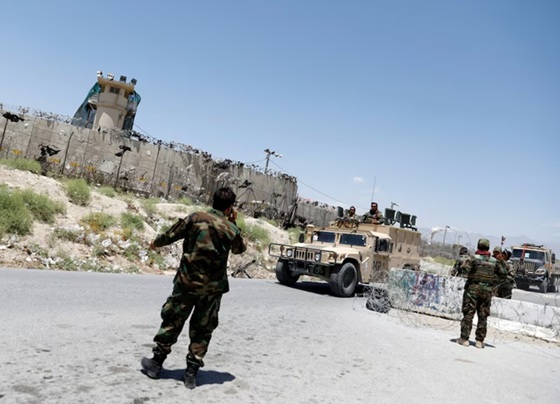As the 20-point plan gains traction as a comprehensive proposal to end the war between Israel and Hamas and establish lasting peace in Gaza, it has also sparked intense debate. While the plan is praised for its ambition and structure, critics argue that it may fall short of delivering a truly equitable and sustainable solution. Below are the most pressing counterarguments being raised by analysts, regional stakeholders, and human rights advocates.
Imbalanced Concessions
The plan demands sweeping concessions from Hamas and the Palestinian population—disarmament, political surrender, and external oversight—while offering limited reciprocal commitments from Israel. Critics warn that this asymmetry could deepen mistrust and reinforce perceptions of imposed peace rather than negotiated resolution.
Marginalization of Palestinian Voices
By excluding both Hamas and the Palestinian Authority from initial governance structures, the plan risks alienating the very communities it seeks to stabilize. Without legitimate local representation, any new governing body may struggle to gain public trust or enforce meaningful reforms.
No Concrete Path to Statehood
Although the plan gestures toward future Palestinian self-governance, it lacks a clear timeline or commitment to statehood. This omission has drawn criticism from Arab and Muslim leaders who view statehood as a non-negotiable pillar of peace.
Risk of Perpetual Foreign Presence
The proposed international stabilization force could become a long-term fixture in Gaza if not carefully managed. Without defined exit strategies or benchmarks for withdrawal, the force may inadvertently replicate the pitfalls of past foreign interventions.
Oversight Credibility Concerns
The plan’s “Board of Peace” concept—potentially chaired by figures like Donald Trump or Tony Blair—raises questions about neutrality and effectiveness. Skeptics argue that such leadership could politicize the peace process and erode confidence among Palestinians and regional actors.
Hamas Rejection Is Probable
Given Hamas’s historical resistance to disarmament and external control, its acceptance of the plan is far from guaranteed. Critics fear that a blanket refusal could trigger renewed violence or undermine the plan’s legitimacy.
Vague Implementation Mechanisms
Key operational details remain unclear: Who verifies compliance? What happens if milestones are missed? Who enforces accountability? These gaps could stall progress or lead to disputes that derail the initiative.
Perception of Foreign Imposition
The heavy involvement of Western powers and conditional aid may be perceived as coercive. Some Palestinians and regional observers worry that the plan reflects external interests more than local aspirations, potentially fueling backlash.
Conclusion: A Plan Worth Debating
The 20-point plan is undeniably the most detailed peace proposal to date. Yet its success hinges not just on its structure, but on its ability to earn trust, adapt to realities, and deliver justice for all parties involved. As the conversation continues, these counterarguments must be addressed head-on—because peace, if it is to last, cannot be built on silence or exclusion.
Discover more from Defence Talks | Defense News Hub, Military Updates, Security Insights
Subscribe to get the latest posts sent to your email.





